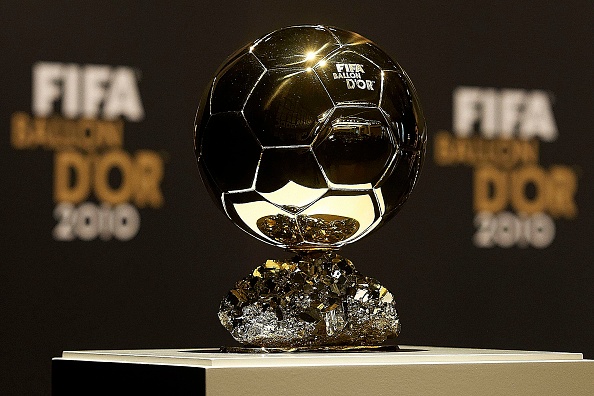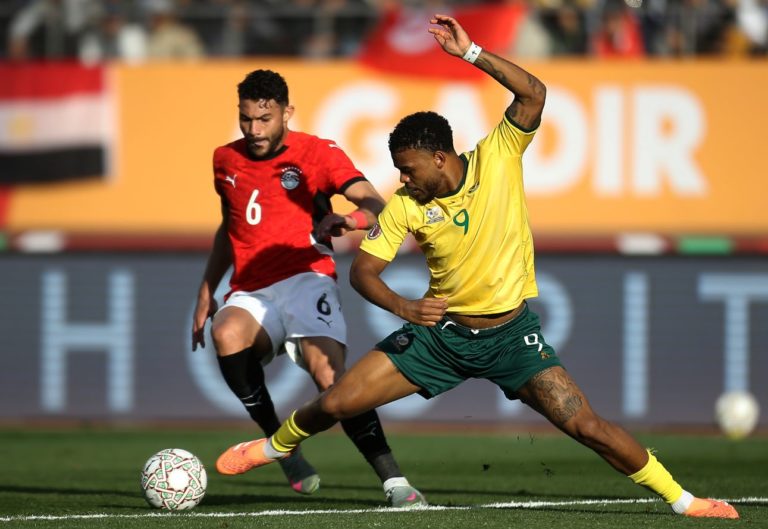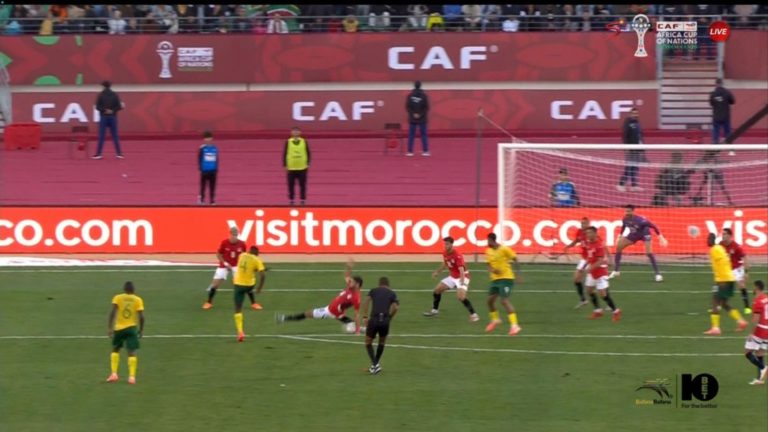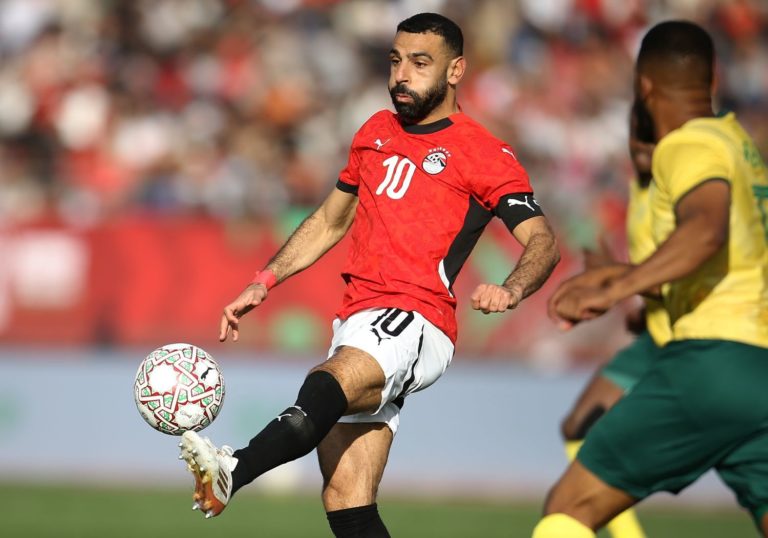The French “Golden Ball” or Ballon d’Or was established in 1956 by French football magazine France Football. The award was initially conceived by the magazine’s editor, Gabriel Hanot, who asked his colleagues to vote for the best football player in Europe that year.
The inaugural Ballon d’Or award was won by Stanley Matthews of Blackpool and England in 1956.
Stanley Matthews receives first ever Ballon d’Or from Gabriel Hanot, creator of the award in 1956. pic.twitter.com/koKNmNi67d
— The Antique Football (@AntiqueFootball) December 12, 2016
Originally, the Ballon d’Or was only open to European players who played in Europe, but in 1995 the eligibility criteria expanded to include any player playing for a European club, regardless of their nationality. This change enabled non-European players like George Weah, who won the award that year to compete. Weah to date still remains the only African player to win it.
George Weah: The only African player to ever win the Ballon d’Or, Weah clinched the award in 1995—the first year that the prize was opened to non-European players.
He defeated Jurgen Klinsmann—in second place—by 144 votes to 108, and would also pick up 13 votes the year… pic.twitter.com/wVBon2lqdU
— Shina Oludare 🇳🇬 (@sportingshina) October 30, 2023
In 2007, the scope of the Ballon d’Or was further widened to become a global award, allowing players from any part of the world to be eligible. The Ballon d’Or continues to be a highly anticipated event in the football calendar, celebrating the sport’s finest talent and their contributions to the game.
Watch Tifo football explain why the Ballon d’Or isn’t what people think:
Photo: Lau / Sportmedia / Icon Sport via Getty Images









